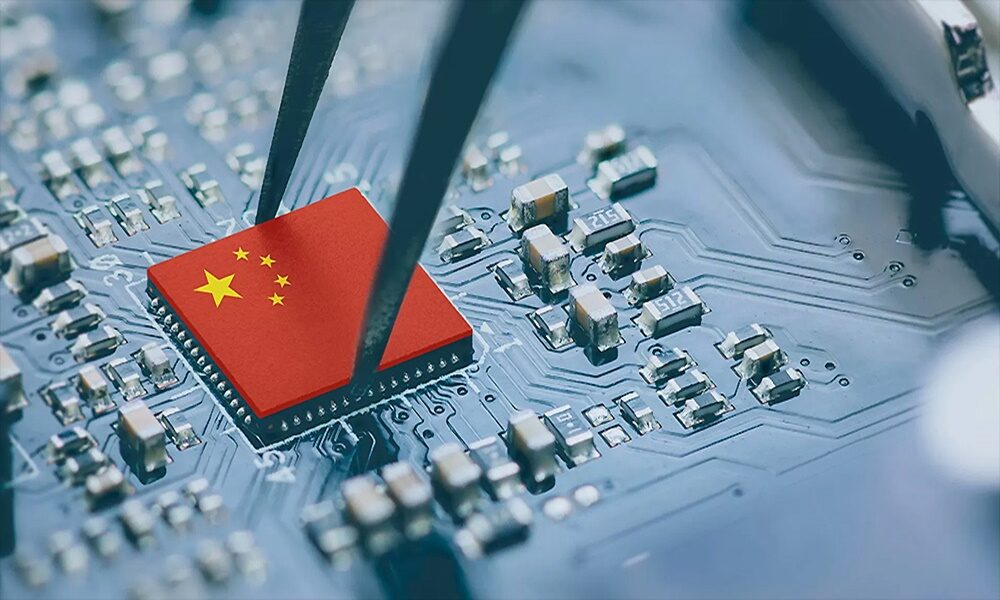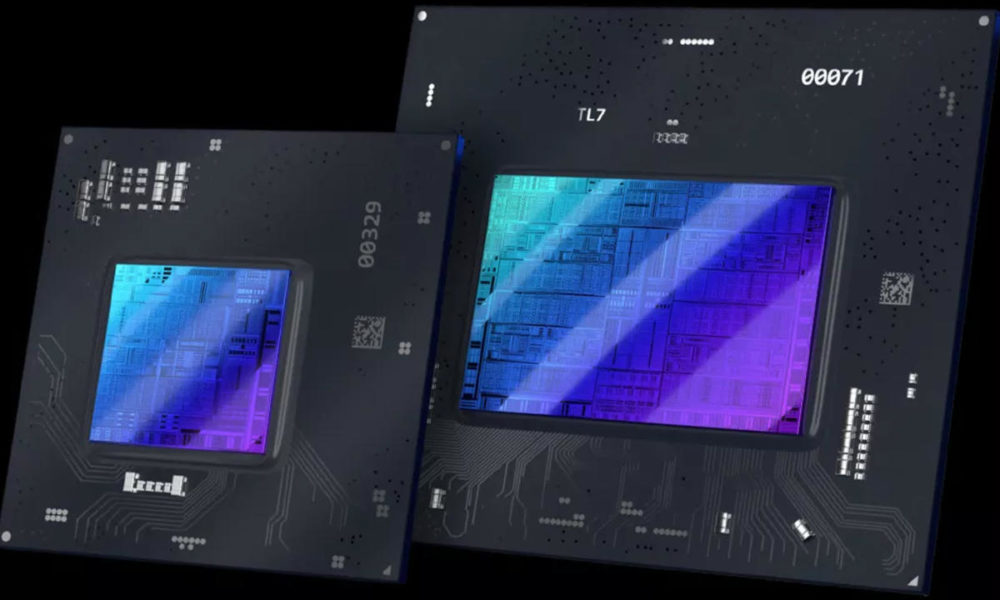
The ‘technological war’ that the US and China are currently experiencing It continues to affect the Asian giant more and on all fronts. According to official data from the country’s customs department, imports of semiconductors fell by 12.4% last September, reaching 47.6 billion chips. This is a figure within the 54,300 million in the same period of 2021. In addition, from January to September 2021 imports increased by 23.7% and now decrease the aforementioned twelve percent.
The US is, at the moment, in command in this battle for chips thanks, of course, to its sanctions against China. In force until the latest controls were announced this month, when the Asian country announced its ability to manufacture its own chips through the import of chip design and manufacturing tools. It should be remembered that, with tensions between the two countries, coupled with post-pandemic chip shortages, many companies in China were stockpiling supplies throughout 2021.
And more negative figures presented by the country. According to the National Statistics Office, national chip production fell 16.4% in September to just over 26 billion units. It should be noted that these figures could even be good within the negative for China, since as a result of the chip crisis experienced in 2021 and part of 2022 many countries have announced the creation of their own chip production factories to be able to face to another possible similar crisis. Which could put China’s semiconductor industry in real trouble in the future.
More bad news for China
The United States wants to keep making things difficult for its biggest trade enemy. And I would be considering implement additional export controls in order to limit China’s access to technology around quantum computing and artificial intelligence software, the South China Morning Post has reported. The US government has already placed restrictions on sales to China of AMD and Nvidia hardware that could be used in artificial intelligence and supercomputing. And that comprises the latest GPU accelerator products from both companies.
And how will they get it? Although the information is somewhat vague, the best way to frame the controls related to quantum computing it would have to do with technology to control error rates. Although quantum computing is still in its infancy, the United States wants to prevent China from taking the lead.
The blows for China do not end here. Taiwanese chip-making giant TSMC may have Suspended silicon production for Chinese startup Biren, designer of GPU technology due to US restrictions.
For its part, Chinese chipmaker Yangtze Memory Technologies Corp (YMTC) is also asking for to employees in key technical positions with US passports who leave the companyto comply with the latest sanctions that come from the Biden government, according to the FT.
The new rules dictate that any US citizen or entity must apply for a permit from the Department of Commerce for any involvement in chip development or manufacturing in China. YMTC has already been one of the companies affected by new controls that have restricted sales of chipmaking equipment to China.
The FT stresses that China will have a hard time sustaining its rapid expansion in artificial intelligence and supercomputing without access to US technology. Although sanctions may prove futile in the long run, as they will only lead Beijing to double the development of their own technologies over which the United States would have no control.



